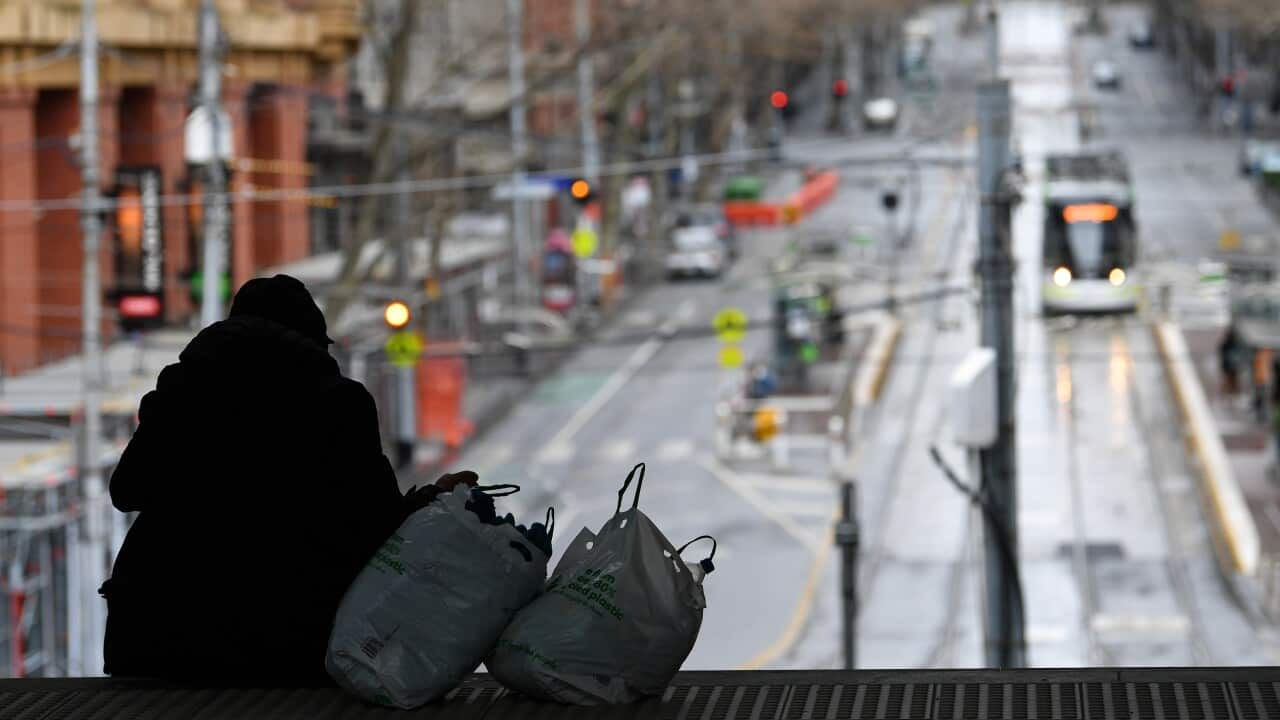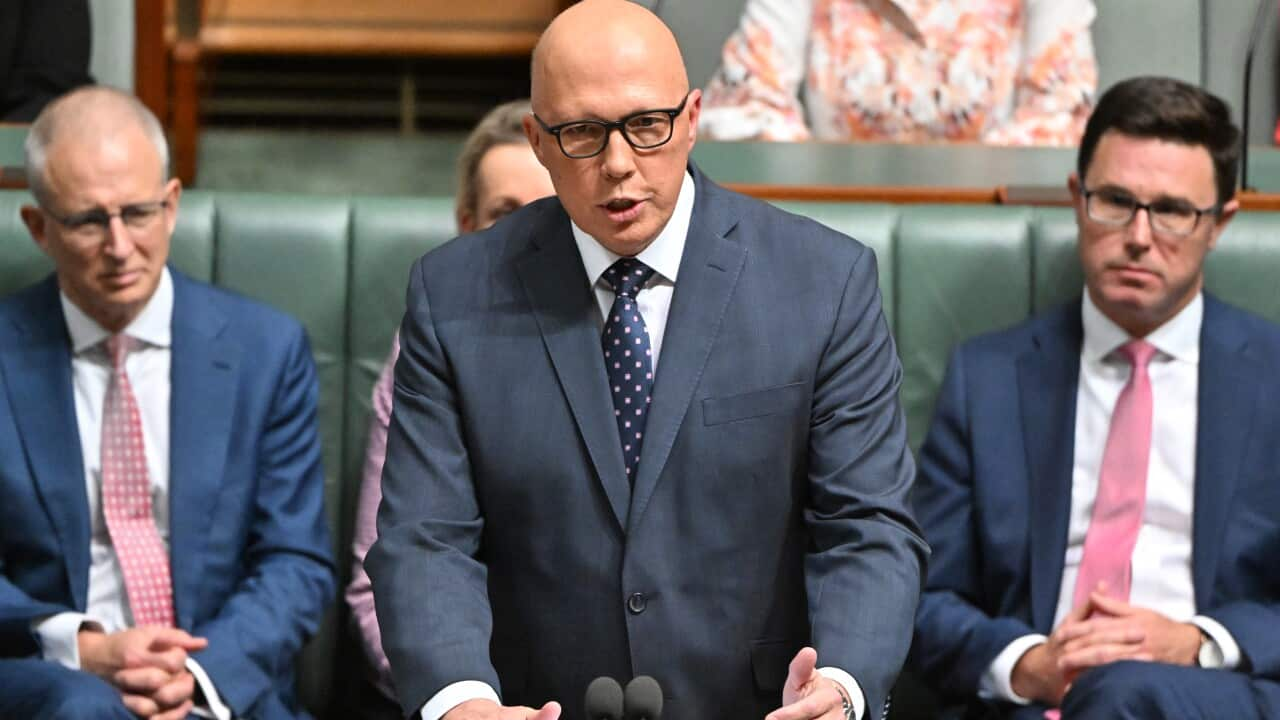Key Points
- The Business Council of Australia has dismissed concerns a surge in migration is driving the housing shortage.
- BCA's report highlights how inadequate planning systems and restrictive zoning are causing a housing shortage.
- Liberal senator James Paterson labelled the report "tone deaf".
The Business Council of Australia (BCA) has dismissed concerns that the post-pandemic migration surge is responsible for the housing crisis.
In a paper on migration reform released on Thursday, the business group said that the problem primarily stems from inadequate policy and planning.
It stated that it's disingenuous to brand a temporary rebalancing of Australia's migration inflows as a "big Australia" policy.
Multiple figures from the Opposition, including Opposition leader Peter Dutton and Opposition immigration spokesman Dan Tehan, have in the past month made comments suggesting that Labor is in favour of such a policy, which implies significant national population increases.
The BCA's report comes ahead of next week's National Cabinet meeting, at which Prime Minister Anthony Albanese is expected to secure agreement from the states on strengthening housing supply and improving rental rights.
BCA chief executive Jennifer Westacott said numbers were merely returning to normal after the borders snapped shut during the in 2020 and 2021.

Business Council of Australia's chief executive Jennifer Westacott said Australia's migration numbers are merely returning to normal after the pandemic. Source: AAP / Lukas Coch
Reducing migration intake is not the solution: BCA
Australia's housing demand continues to outpace supply, .
While BCA recognised this lack of housing supply as a "real problem," it said migration was not the critical issue driving it and cutting numbers was not the solution.
"The majority of Australians agree that migration is a benefit to Australia," the report said.
"The proviso is that this must be properly planned and managed, including the provision of sufficient housing supply."
The BCA highlighted poor-performing planning systems and restrictive zoning as a handbrake on new supply in its report.
It also noted that a desire for more space during COVID lockdowns and a subsequent decline in the number of people per dwelling added to the demand for housing, even as the population shrunk.
While the business council welcomed the federal government's efforts to reform the migration system, it stated that slow and complex migration systems were holding the nation back as firms competed for the "best and brightest".
Liberal senator James Paterson criticised BCA's report and said the pace and rate of migration, particularly its impact on housing, was a legitimate issue for public debate.
"I thought this was a particularly tone deaf contribution from the business community," he told Sky News.
"I think they have to recognise that we are not providing enough housing to Australians, and we need to get on with that task if we want to make sure we can welcome migrants."












